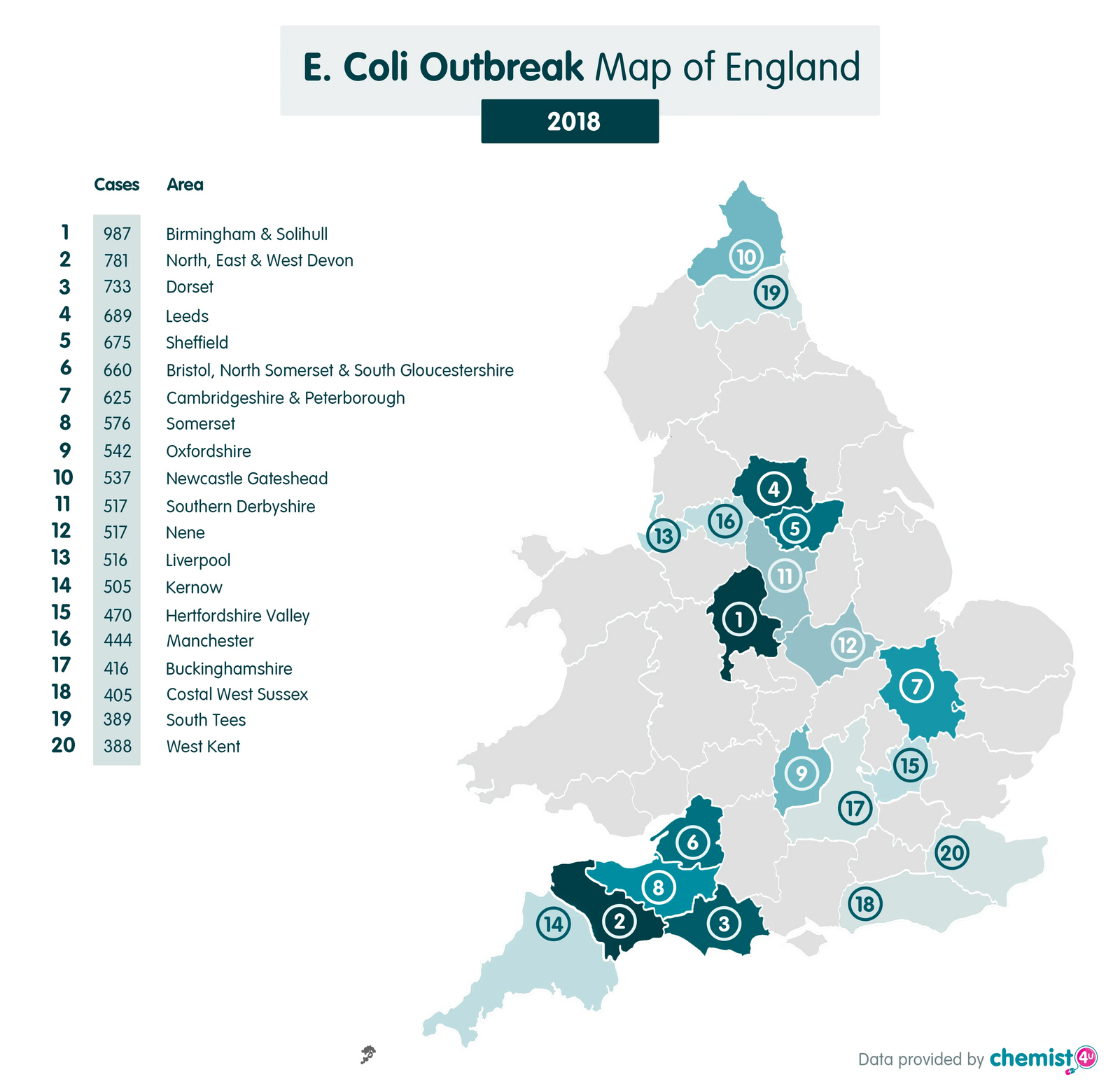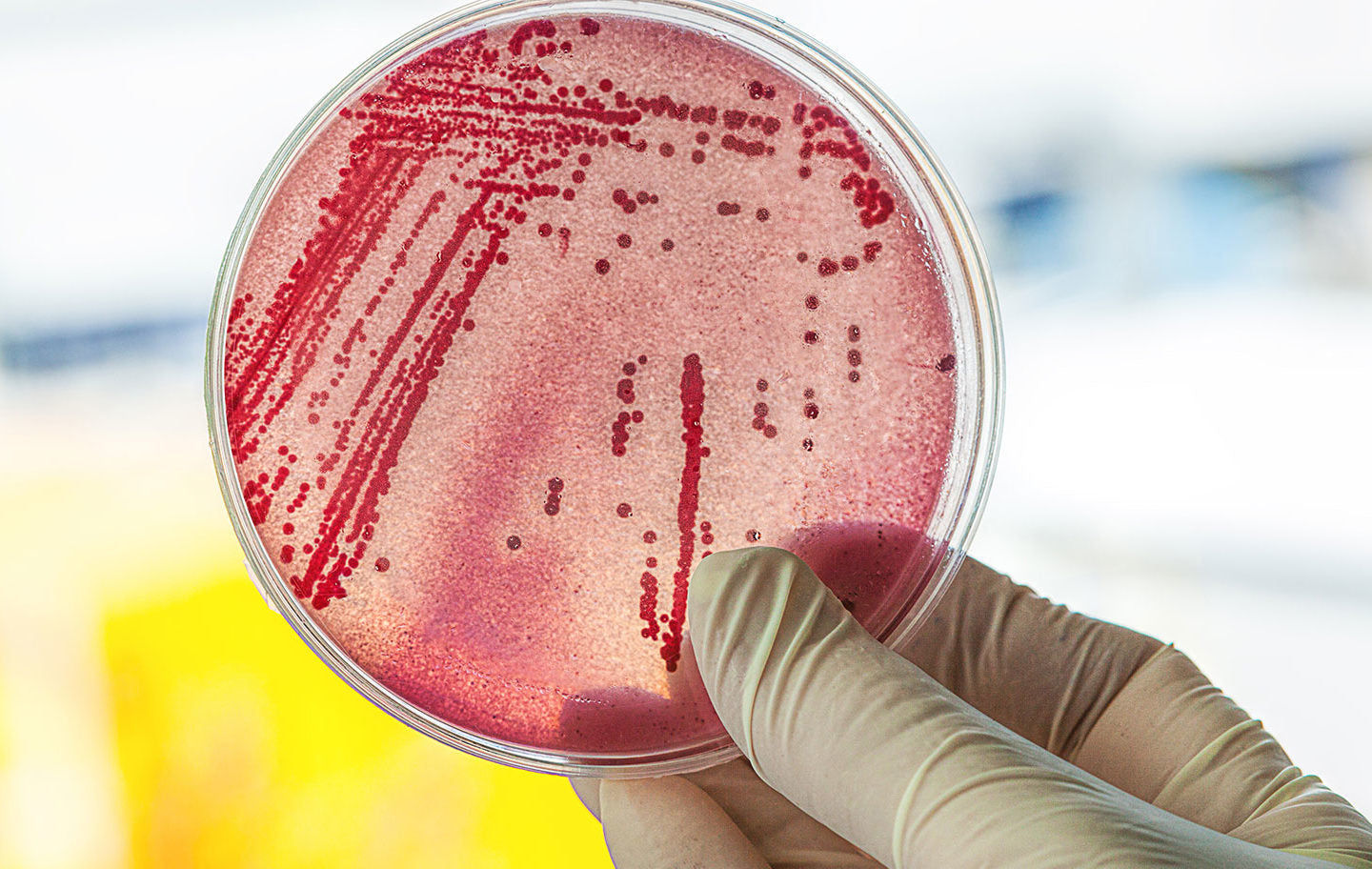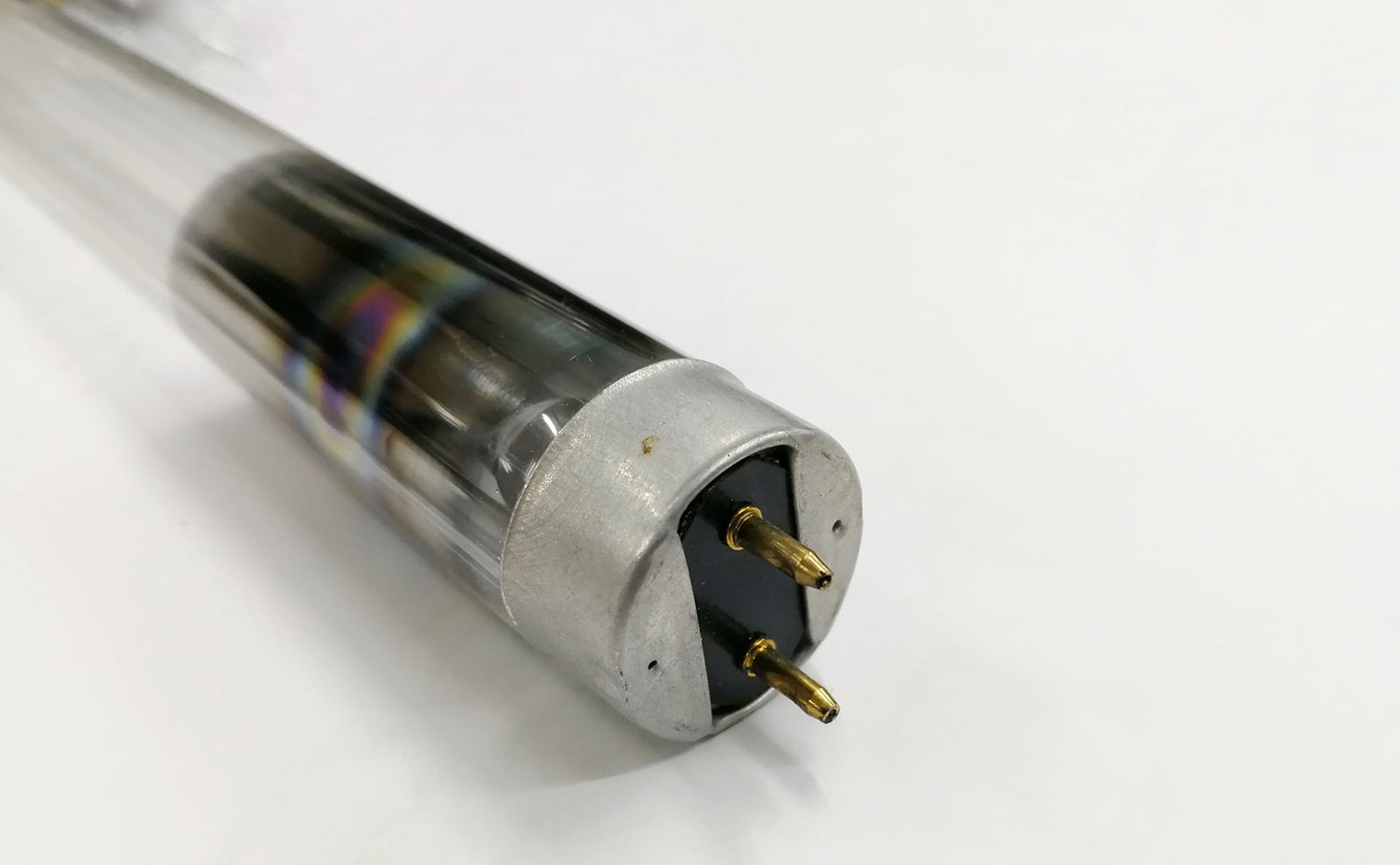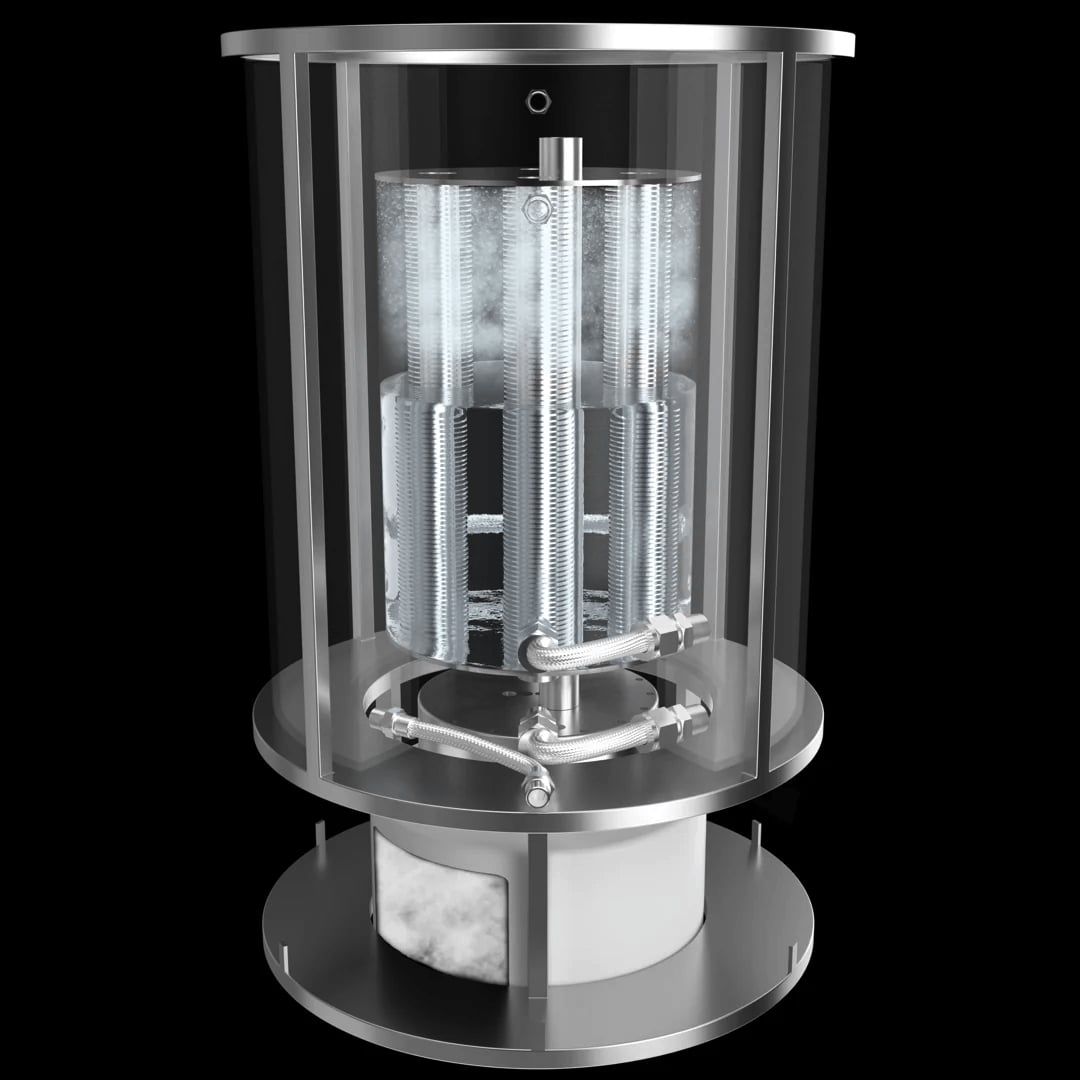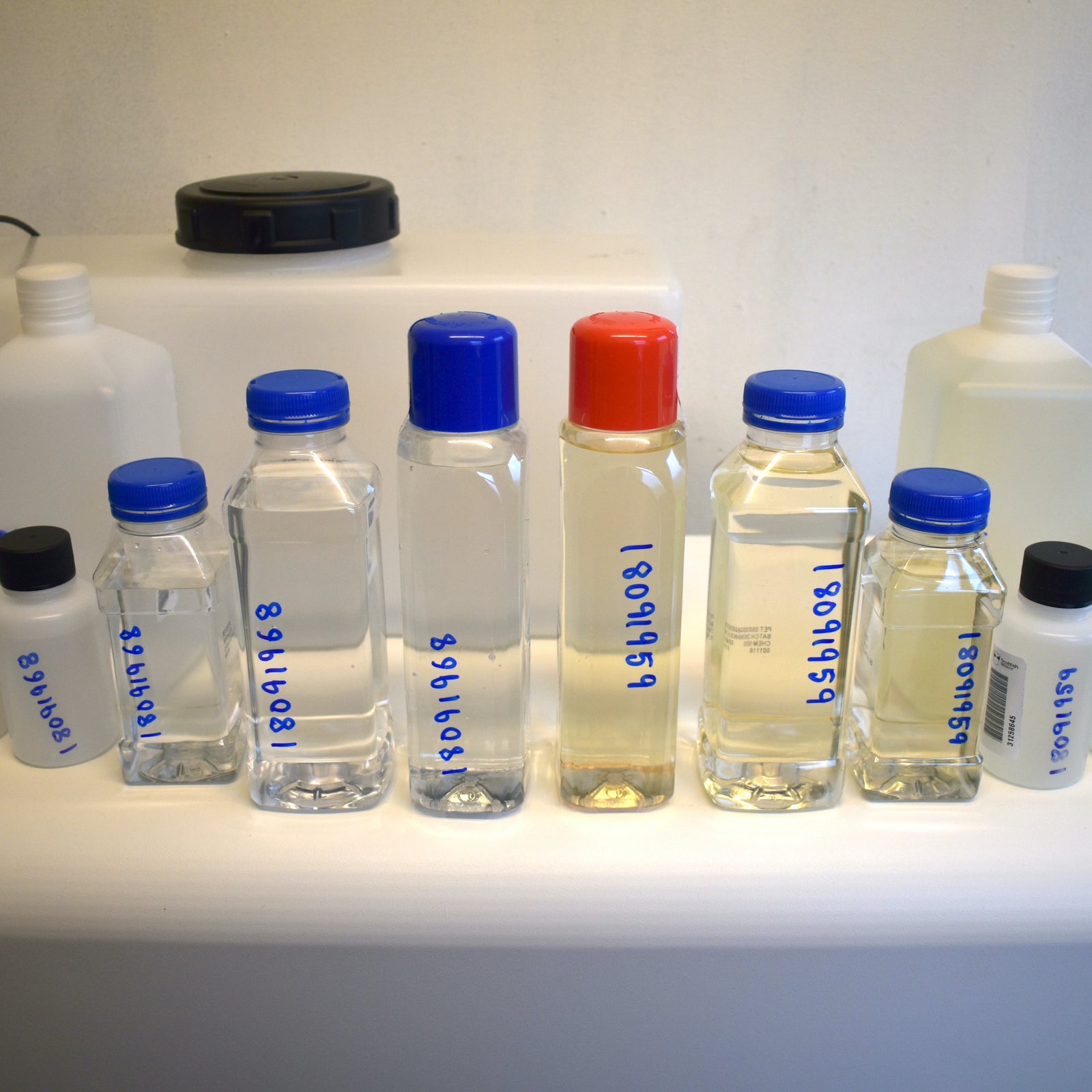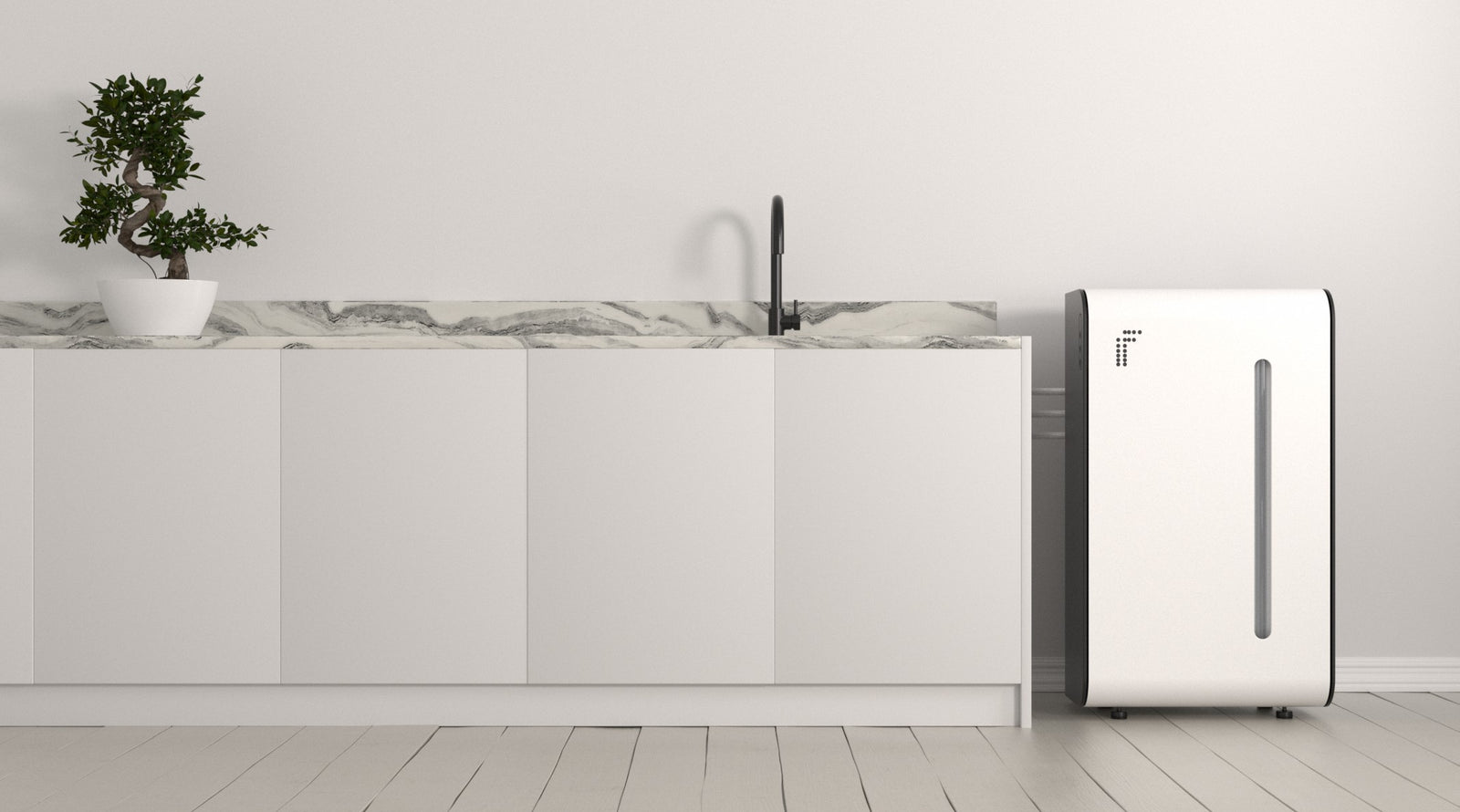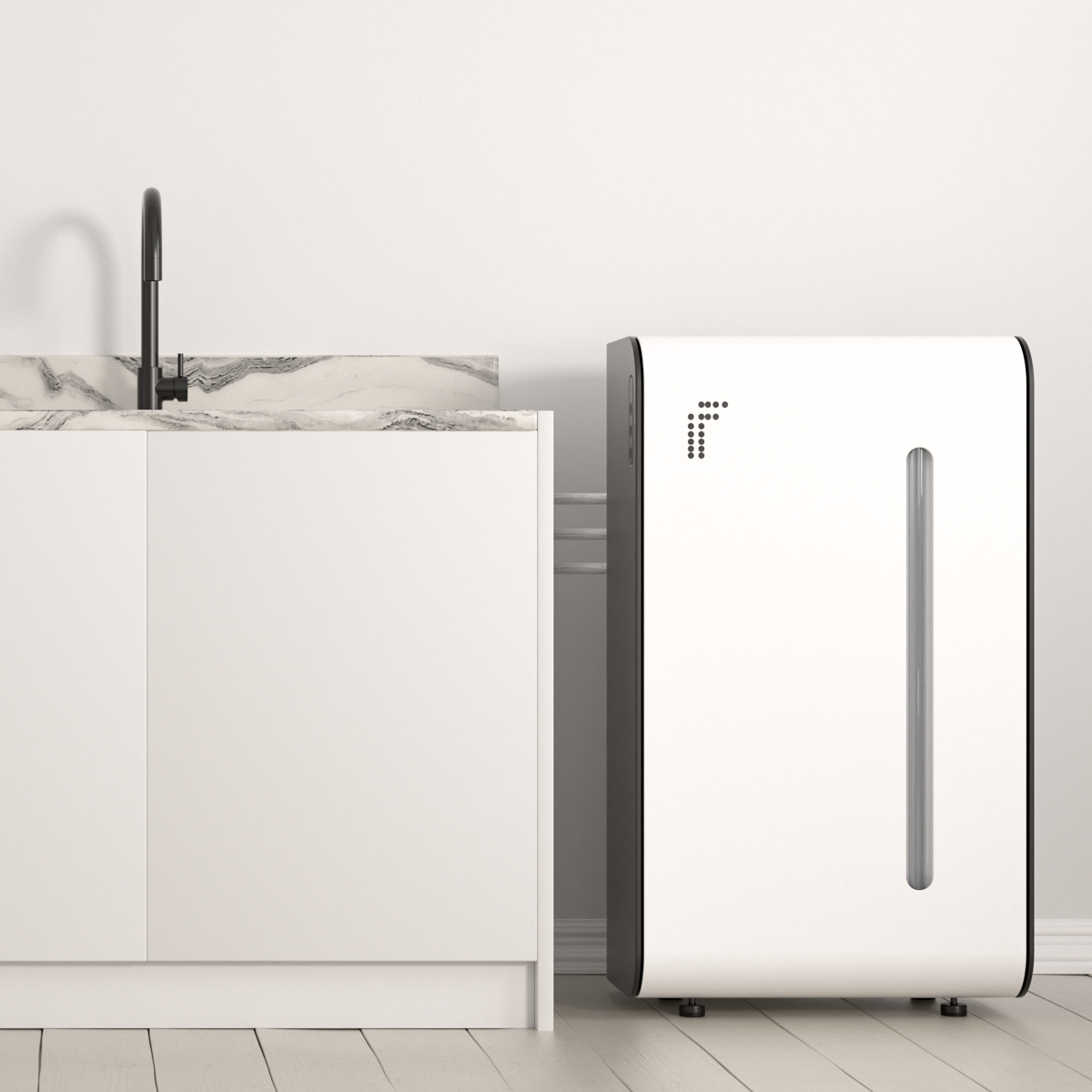Nearly 200 sick from E.Coli outbreak across UK in one month
In September 2022, UK Public health officials investigated an outbreak of E.Coli O157 that sickened 192 people in England, Scotland, Northern Ireland and Wales.
In this case study, we explore the problem of E.Coli in drinking water tested at a Scottish Water test facility in Gorthleck, and show the results of the IF Water|One water purifier.
What is E.Coli?
Bacteria and microorganisms including notorious pathogens like Campylobacter, Salmonella, Shigella, and E. coli, lurk in various corners of our planet, from human and animal waste to rainwater runoff.
Among the most notorious culprits is E. coli found in 14.5% of the Private Water Supplies tested in Scotland in 2020 (Drinking Water Inspectorate).
The problem with E.Coli
Ingesting E.Coli-contaminated drinking water can result in diarrhoea, abdominal cramps, and vomiting. For vulnerable populations, including children, the elderly, and those with weakened immune systems, E. coli infection can lead to severe illnesses such as kidney failure or even death. Factors contributing to E. coli contamination include inadequate sanitation, nearby agricultural or animal operations, and heavy rainfall or flooding, heightening the risk for private water supplies.
Why traditional purifiers fail
UV disinfection removes bacteria, but fades over time.
Chlorine and Chloramine dosing can be effective, but is difficult operate without under or over-dosing.
Membrane technologies such as reverse osmosis, nano-filtration, and ultrafiltration can work but is difficult to monitor the ongoing performance. There is also the well-documented risk of bacteria growing through the membranes.
Filters do not remove e.coli. Filters are a great place for bacteria to grow and multiply.
How WaterOne solves the problem
Distillation systems offer a highly effective means of eliminating bacteria. The process leverages heat to render microorganisms inactive, ensuring safe drinking water.
The rigorous temperature-based separation makes it highly efficient at the removal of microorganisms, and by subjecting water to the intense heat of distillation, bacteria, viruses, and protozoan cysts are neutralised, reducing the risk of waterborne illnesses.
Test results and data
In numerous studies and tests, distillation systems have demonstrated their efficiency in purifying water from bacterial contaminants.
In Scottish Water tests in Gorthleck, IF found complete E. Coli removal from multiple samples.
The reliability and efficacy of distillation make it a trusted method for safeguarding drinking water, offering peace of mind to individuals and communities reliant on private water supplies.
Remove E.Coli from your property
Removing E.Coli consistently can be challenging for traditional purifiers, but the unique WaterOne purifies differently for absolute E.Coli removal.
Remove e.coliContact us
You can quickly access help and advice online – visit our support pages for troubleshooting, how-to videos and more.



